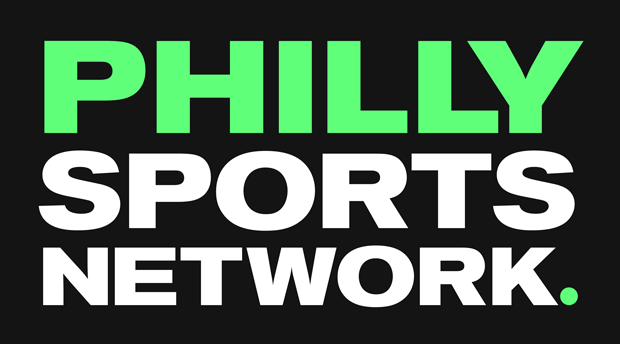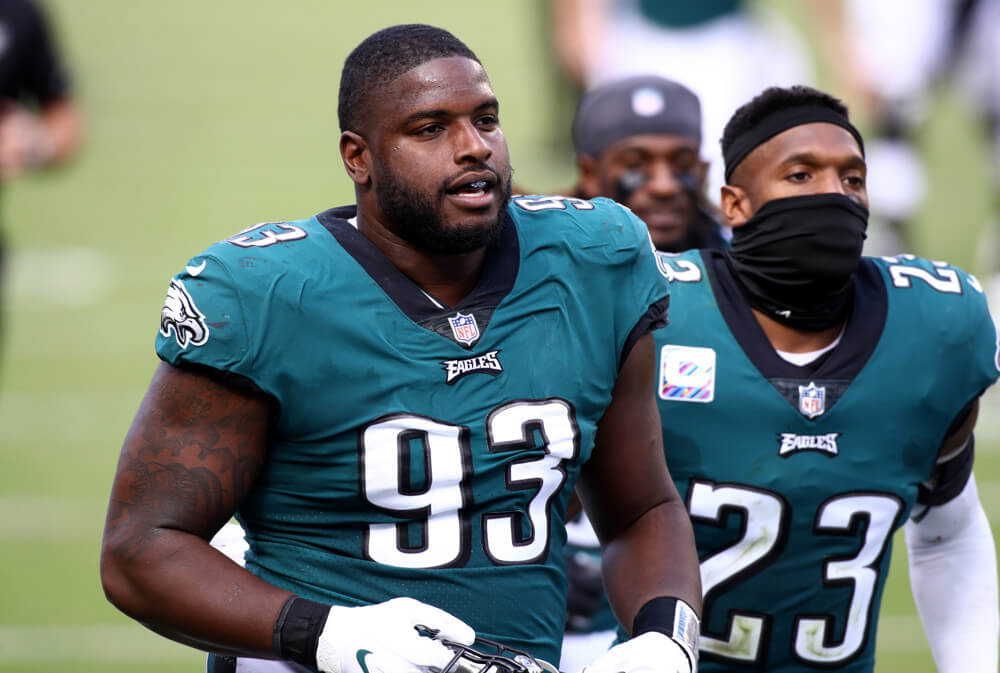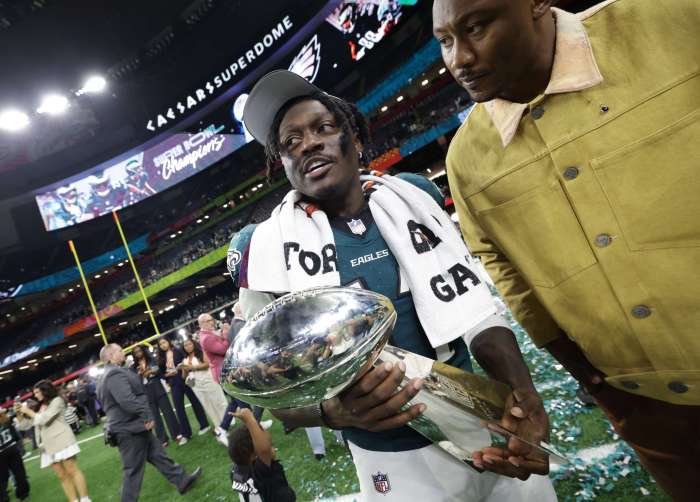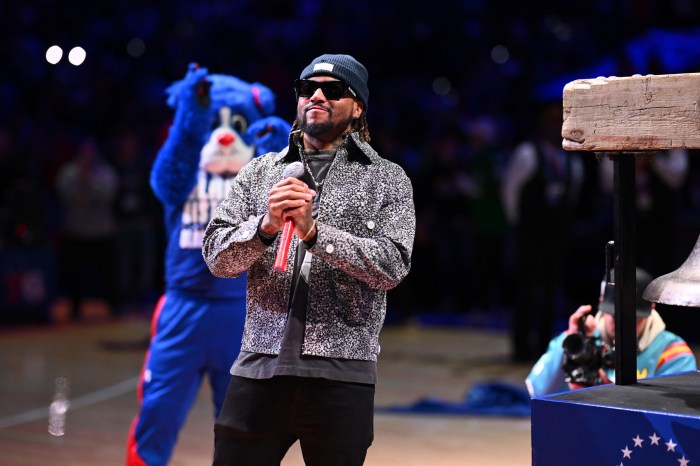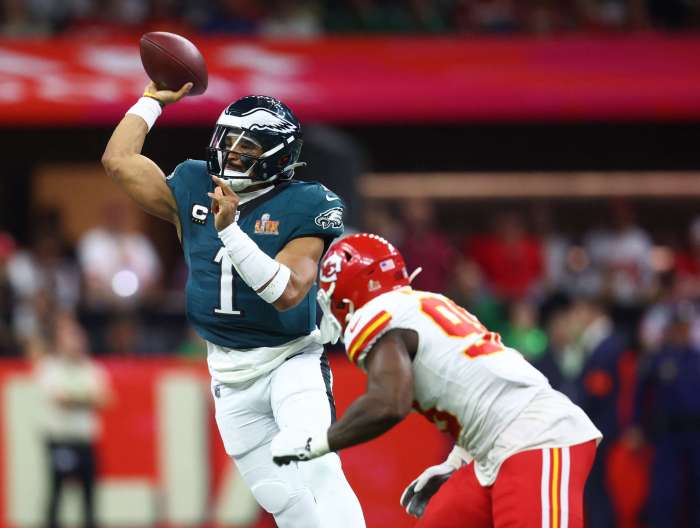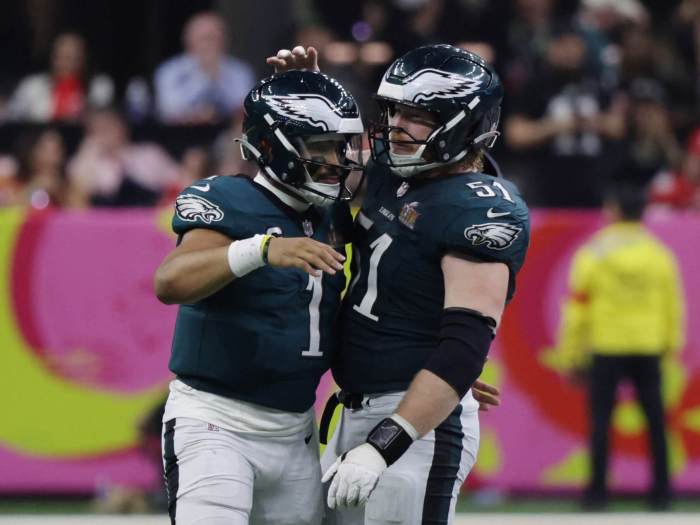Much was made about the opportunity the Eagles had to lock up Jalen Hurts and bring back a key piece to their championship team last season. Unfortunately, Hurts still does not have a long-term extension, and it looks like all of the key pieces to last year’s defense could be on the open market shortly.
It’s a significant gamble for Howie Roseman that ushers both pros and cons. Philadelphia has never been a team that uses the franchise tag: only five times in the team’s nearly 100-year history have they placed the tag on a player. This year was far different than any year in football for the city of Philly.
Here are some pros and cons coming from the Eagles’ decision to stay silent at the deadline.
Pros
Remain Flexible
There are some positive things that come out of not franchise-tagging anyone. The Eagles have plenty of cap flexibility to remain young at key positions and also improve the team through the comp pick formula. In 2024, the Eagles will have close to 13 picks in the draft, a great opportunity to improve the team with Hurts’ inevitable extension eating a great deal of cap space.
Remaining flexible and extending the championship window is a big key for the Eagles this offseason. One wrong move and the team could be in dire straights for years to come. That is why having plenty of options is always a good thing.
Build defense in Desai’s image while staying in contention
Sean Desai’s defense will look different than Jonathan Gannon’s unit which was in the top 10 in most categories. That’s ok! Desai has a terrific background with mediocre defenses and there is still plenty of top talent currently on the team to manage themselves in a way that can compete against a much tougher schedule in 2023.
Letting Desai bring in his players and coaches allows the team to be built under a new thought process while still competing at a high level. There’s no better opportunity to restructure the defense in a better way than right now.
Cons
Young players walk without a compensation return
From 2014-2020, the Eagles had a difficult time drafting pro-bowl players. The ones they have though, need to be locked up to enhance the team’s championship window. Players like Isaac Seumalo, TJ Edwards, and Marcus Epps are inevitably going to walk because the team won’t want to overpay them at their ideal price.
But that also means the team will lose key role players that they drafted themselves. It’s important to remember that locking up great young players is something every team should do. If Philadelphia doesn’t, even to players like Chauncey Gardner-Johnson, it makes it harder for the next crop of young players.
Comp picks won’t hit until 2024
We mentioned before that the Eagles will have close to 13 draft picks in the 2024 draft. That’s both a good and bad thing though. With the comp pick formula, the Eagles won’t have any of those added picks into this year’s class. That means the Eagles will be weaker next season, specifically on defense, against a tougher schedule, albeit in a wide-open NFC.
The current trajectory of the Eagles should be to maximize the title window and be in “win-now” mode. By essentially punting on what could be a good season in 2023 for 2024 picks, it means the current team is going to suffer.
Set up Desai and Hurts for failure
The central theme of this article is about maximizing the championship window by winning now. By not keeping even one player on the roster via the tag, it means that the team could lose a majority or all of their incoming free agents.
That alone not only sets up Sean Desai for failure next season against a gauntlet of great football teams, but it also sets Jalen Hurts up for failure. Much will be argued about Hurts needing to show he can win games by himself, but having a strong team around him is very important.
The objective for a well-run organization should not be to demand their quarterback win games with bad players but to surround a quarterback with excellent talent in order to help the team win. Not keeping anyone on defense from last year’s run and letting them walk in free agency does not help the team currently, or in the future.
Photo by Kyle Ross/Icon Sportswire
